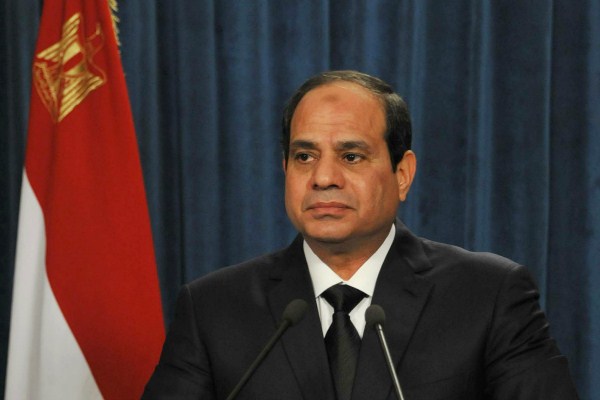Days after ordering airstrikes on targets of the so-called Islamic State (IS) in eastern Libya, Egyptian President Abdel-Fattah el-Sissi may be in hot water with his Gulf Arab patrons—not over the strikes, but for comments made in their aftermath by an Egyptian official at the Arab League. On Thursday, the secretary-general of the Gulf Cooperation Council (GCC) backed Qatar’s decision to withdraw its ambassador from Cairo after Egypt’s representative to the Arab League accused Doha of supporting “terrorism” in Libya. The accusation came during an Arab League debate on Egypt’s actions in Libya; Qatar’s representative had apparently raised some reservations.
In a statement, Abdullatif al-Zayani, the GCC secretary-general, said Egypt’s charges were “unfounded, contradict reality, and ignore the sincere efforts by Qatar as well as the Gulf Cooperation Council and Arab states in combatting terrorism and extremism at all levels.” The GCC, headquartered in the Saudi capital, Riyadh, counts among its members el-Sissi’s chief benefactors, including Saudi Arabia, Kuwait and the United Arab Emirates, which have loaned Egypt tens billions of dollars to keep its economy afloat.
As I wrote last week, el-Sissi was already courting trouble with his Gulf allies after leaked recordings purported to capture him and his aides mocking the monarchs who fund him and plotting how to squeeze them for billions more. The GCC statement backing Qatar, in that light, could be read as a warning to el-Sissi.

